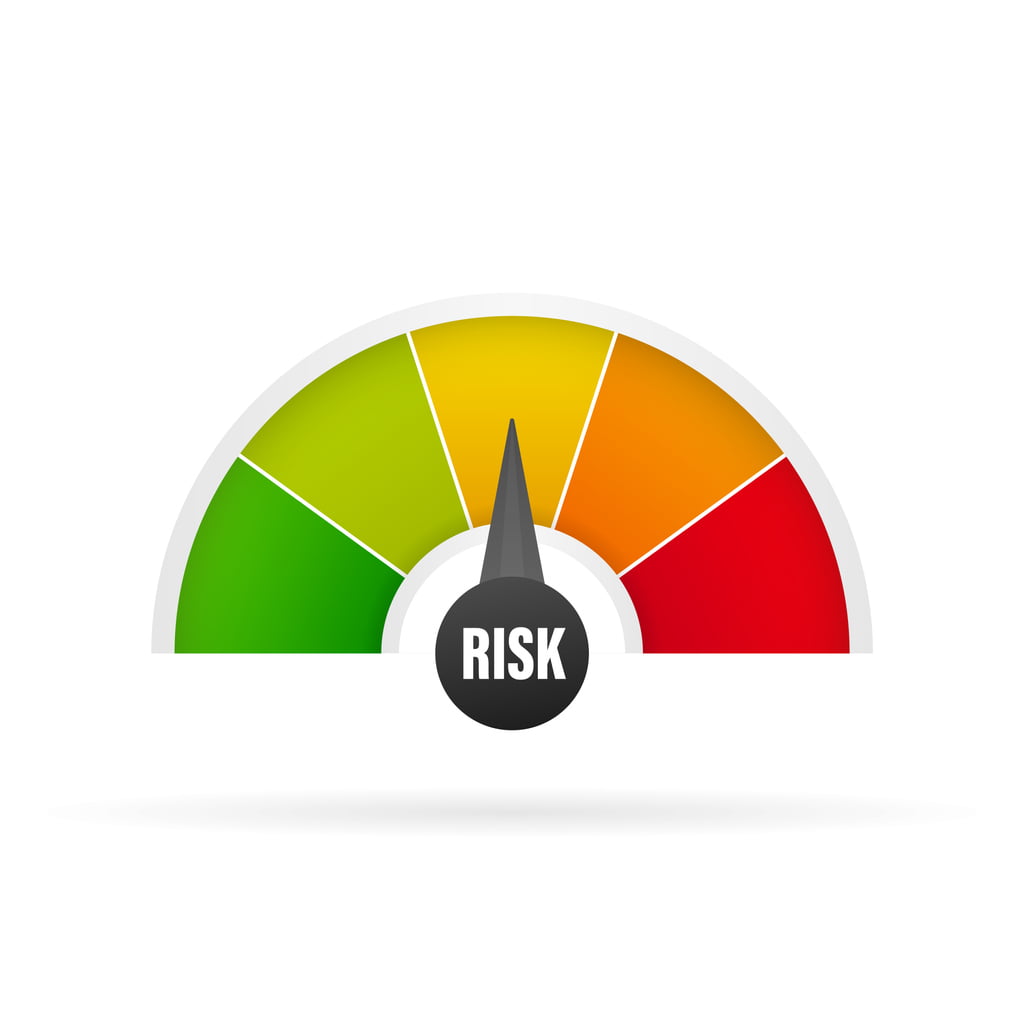Ontario’s largest credit union has confirmed the closing of $125 million in debt financing from the Caisse de dépôt et placement du Québec (CDPQ).
The financing will provide Meridian with the capital needed to embark on its growth plans to diversify its products and services, according to a company press release.
“Meridian is focused on ensuring that we can continue to grow and flourish as a leader in our industry,” Tara Daniel, Chief Financial Officer of Meridian, said in a statement. “This investment is a great vote of confidence in our organization and delivers a message to our Members and the investment community at large that we remain a sustainable, relevant business today and in the future.”
As Canada’s third-largest credit union, Meridian has 92 retail banking branches and 14 business banking centres across Ontario.
Daniel told the Globe & Mail that Meridian has added 10,000 new members over the past year, and that it expects to continue double-digit growth in the year ahead. Meridian has increased its asset base by $3 billion (17%) last year, according to Daniel.
Reverse Mortgage Growth Explodes

Rising home prices appear to be giving seniors more confidence to tap into that increased home equity.
The amount of reverse mortgage debt outstanding as of November rose 14% to nearly $4 billion, according to recent data from the Office of the Superintendent of Financial Institutions (OSFI). That’s about three times the rate of growth of traditional mortgages.
On the heels of this surge in growth, Equitable Bank (EQ Bank) announced it was dropping its reverse mortgage rates for the second time this year. As one of Canada’s two reverse mortgage providers, EQ Bank is now offering rates as low as 4.44% for a 1-year term, or 4.47% for a 5-year term (both rates are for the bank’s lump-sum payment option).
With its lowest rate now competitive with the average rate for a Home Equity Line of Credit (4.45%), it’s likely that consumer interest in reverse mortgages will continue to grow.
Housing Vulnerability is Low: CMHC
A number of housing markets in the Prairies have had their “vulnerability” rating lowered by the Canada Mortgage and Housing Corporation (CMHC).
In its most recent third-quarter Housing Market Assessment report, CMHC downgraded Edmonton, Calgary, Saskatoon and Winnipeg from a vulnerability rating of moderate to low.
 Nationwide, vulnerability remains moderate, according to the agency.
Nationwide, vulnerability remains moderate, according to the agency.
“We continue to see moderate evidence of overvaluation at the national level,” said Bob Dugan, CMHC’s chief economist. “The growth in inflation-adjusted prices in the third quarter of 2019 was slightly larger than the increase supported by the sustained population growth in Canada and the decline in the nominal mortgage rates.”
Victoria maintained a high degree of vulnerability due to price acceleration and overvaluation imbalances. Toronto and Hamilton remain moderately vulnerable to overvaluation despite price acceleration in both markets. “However, evidence of overvaluation remains low as stronger price growth remains aligned with economic and demographic fundamentals, such as personal disposable income, population growth and interest rates,” CMHC noted.
And for the eastern half of the country, despite rapidly rising home prices in Ottawa and Montreal, both cities maintained low overall vulnerability ratings, in addition to Quebec City, Moncton, Halifax and St. John’s.







